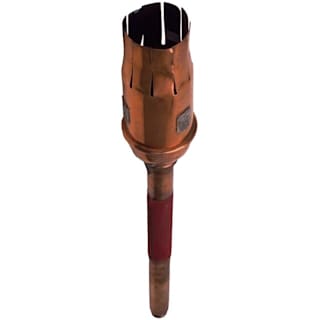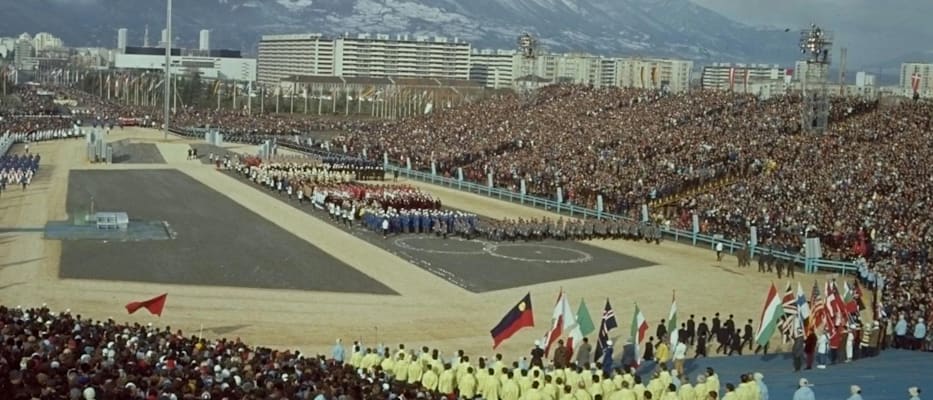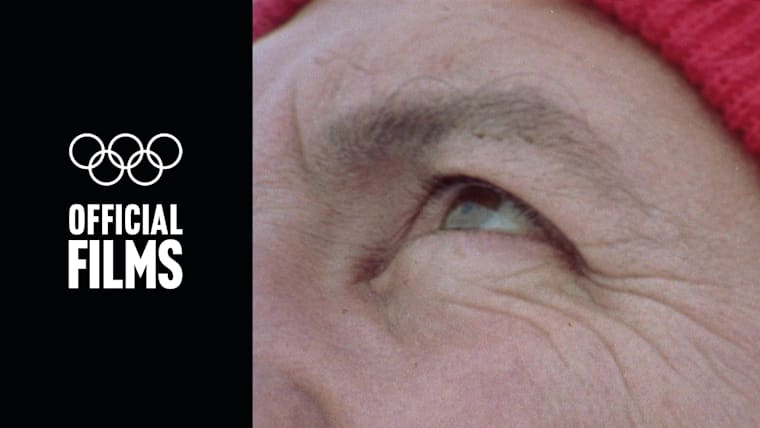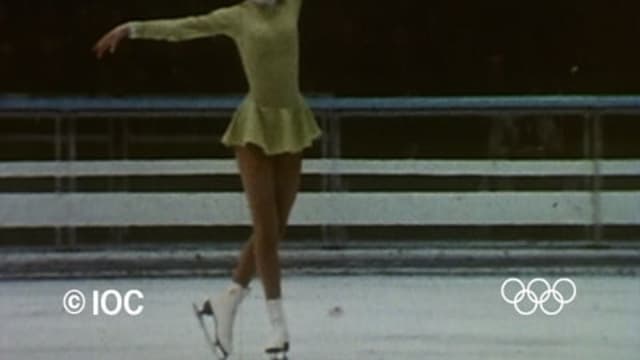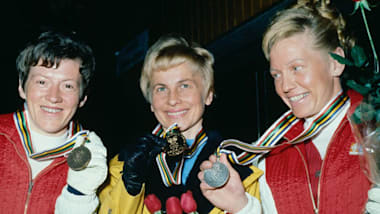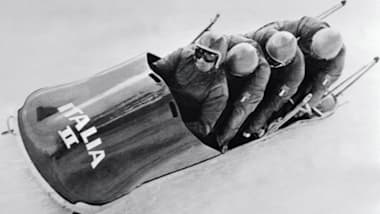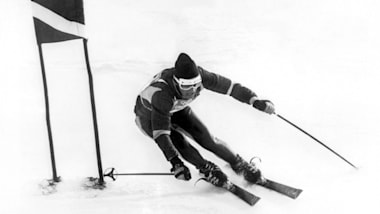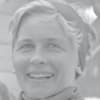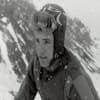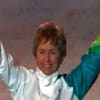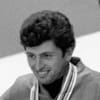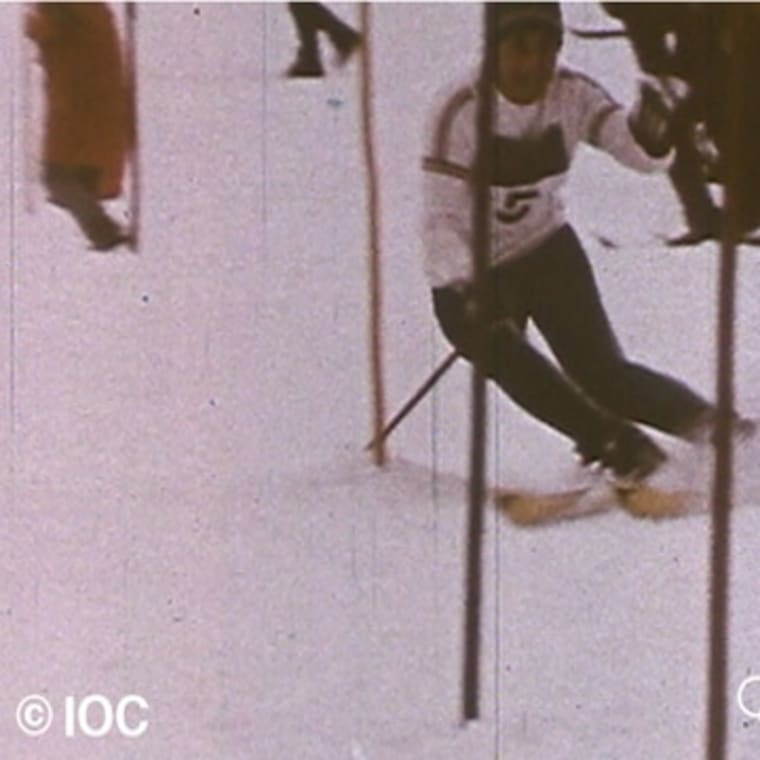Olympic Winter Games Grenoble 1968
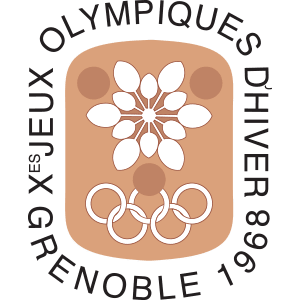
Grenoble 1968
About the Games
Olympic Firsts
Norway won the most medals, the first time a country other than the USSR had done so. Gender tests for women were introduced, as were doping controls for both men and women. The Grenoble Games were also the first to be broadcast in colour.
Slalom Controversy
French hero Jean-Claude Killy swept the men’s Alpine events, but only after great controversy. Killy’s Austrian rival, Karl Schranz, claimed that a race official crossed his path during the slalom race, causing him to skid to a halt. Given a restart, Schranz beat Killy’s time. However, a Jury of Appeal disqualified Schranz and gave the victory to Killy.
Memorable Champions
Toini Gustafsson of Sweden starred in women’s cross-country skiing, winning both individual races and earning a silver medal in the relay. Lyudmila Belousova and Oleg Protopopov, an elegant married couple from the USSR, successfully defended their pairs figure skating title. Eugenio Monti of Italy piloted his two-man and four-man bobsleighs to gold medals.
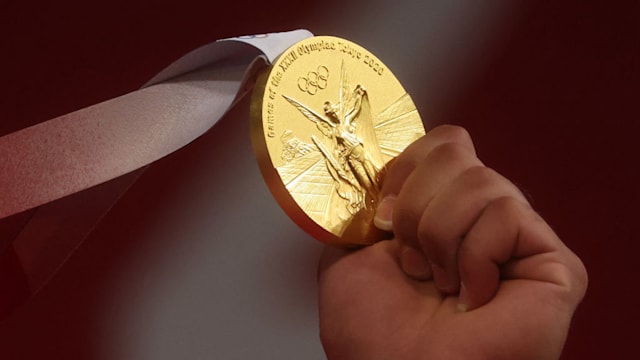
Medal Table
See the list of teams and medals won by each.
1968
Featured Athletes
Replays from
Grenoble 1968
All Replays1968
Discover the Games
The Brand
A visual identity is developed for each edition of the Olympic Games.Brand

The Medals
Beginning as an olive wreath, medal designs have evolved over the years.Medals
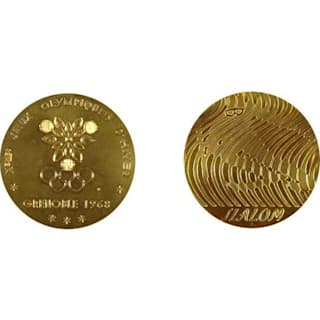
The Mascot
An original image, it must give concrete form to the Olympic spirit.Mascot
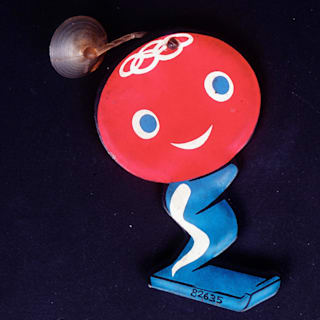
The Torch
An iconic part of any Olympic Games, each host offers their unique version.Torch
